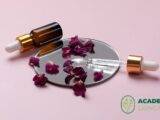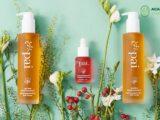Retinol and Rosehip Oil- Here is Everything You Need to Know
Last Updated on May 29, 2023 by Aysenur Yashar
Imagine two universal products that can help with skin issues and suit every skin type. What did you think of it? Let me know in the comments below! For me, they are Rosehip Oil and Retinol. Wait, retinol and rosehip oil, can you have them together? Here is everything you need to know!
I have been a devoted rosehip oil fan, using it day and night religiously for 3-4 months straight. I already knew there is some retinol in rosehip oil so I actually thought that I was getting enough retinol by applying the oil twice a day.
That was until I got prescribed tretinoin, which is a type of retinol. Then I got confused about retinol and rosehip oil.
Well I am a medical student and you already know, I needed to know the details.
So this is the story of rosehip oil and retinol or, as you will understand, it is actually rosehip oil and tretinoin!
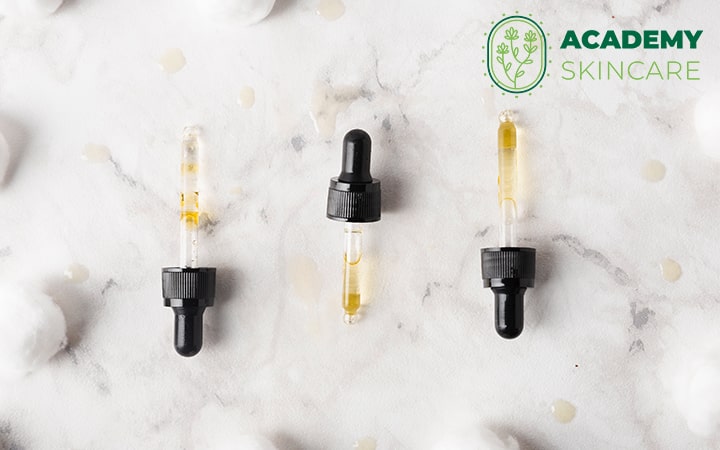
Is There Any Retinol in Rosehip Oil?
Is there any retinol in rosehip oil?
No there is no retinol in rosehip oil. You read it right, there is no retinol. But there is tretinoin, a type of vitamin A, but not retinol. Retinol and Tretinoin are related but are not the same thing.
There is naturally occurring tretinoin, in other words, all-trans-retinoic acid, in rosehip oil. This makes rosehip oil great for skincare routines targeting anti-aging and anti-acne. But tretinoin is not retinol.
So now that I have captured your attention and have caused a good amount of confusion, we need to cover some vocabulary.
What is Retinol and What is Tretinoin?
Retinol is really popular and considered the holy- grail of skincare. It is very potent and helpful, but there is some fog that needs to be clarified about this topic. We need to cover some vocabulary and some science to understand what is going on.
Retinol and Tretinoin belong to a family of natural compounds called Retinoids. Retinoids derived from vitamin A. Retinoids include retinol, tretinoin, carotenes, other carotenoids, tazarotene, and adapalene.
So retinol and tretinoin are not the same thing but are like cousins. They are both derived from vitamin A but the difference is the terminal chemical compound. For retinol it is hydroxide and for tretinoin, it is a carboxylic acid. Retinol is a precursor of tretinoin, meaning that when applied to the skin after some chemical reactions retinol will turn into tretinoin.
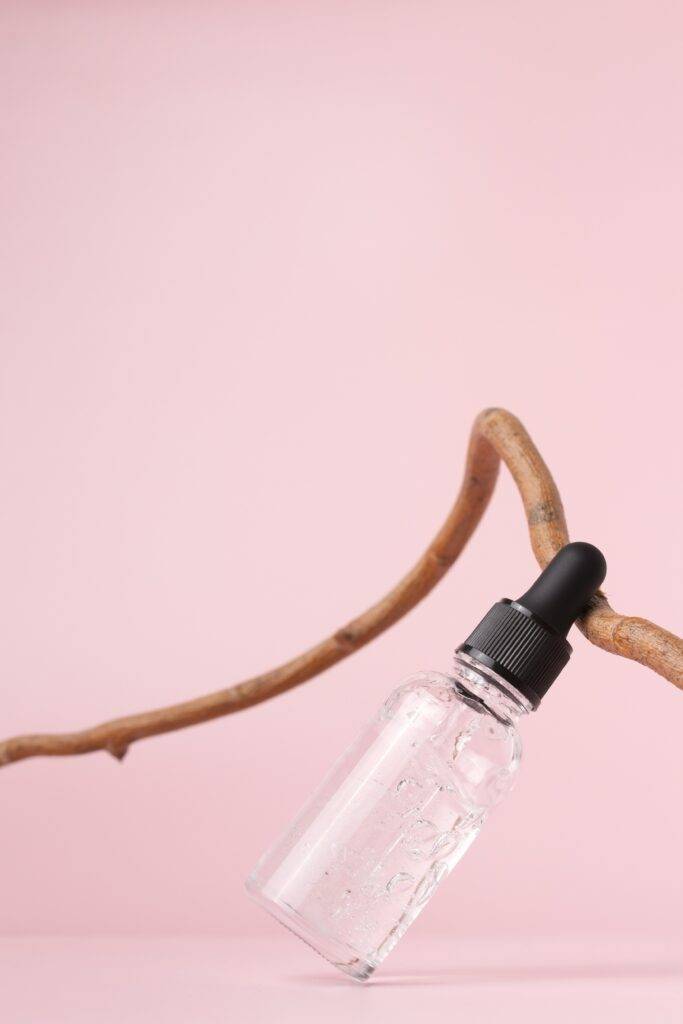
Retinoids interact with our skin cells in a very intricate way and the small difference between tretinoin and retinol actually causes different results.
Our cells are covered by receptors, which are like doors, if you have the right keys, you can unlock them and cause some chemical reactions.
All retinoids affect the RAR receptor on our skin cells (keratinocytes) but different retinoids affect different subtypes of the RAR receptor.
There will be a blog about the science behind retinoids but until then I just want you to remember that retinol and tretinoin have different effects on our skin.
How to obtain retinol and tretinoin?
Retinol can be found over the counter in many anti-aging formulas because its main action is anti-aging!
Tretinoin, on the other hand, has both anti-aging and anti-acne properties, but it is much more potent than retinol. Tretinoin can only be obtained by a prescription from a doctor. The indication for prescribing tretinoin is to fight acne and comodogens which is the exact reason I got it prescribed.
Hence tretinoin is much stronger than retinol and the main indication is anti-acne fighting.
Does Rosehip Oil Contain Tretinoin ?
So I believe everyone can agree that tretinoin is a big deal. Rosehip Oil is also a big deal!
Rosehip oil is really rich in omega 3, omega 6, and vitamin A. But one of the things that makes it super unique is the good amount of tretinoin inside it. But how much is a good amount?
A paper published in 2006 tackles this problem. They have shown that cold-pressed Rosehip Oil from Rosa Rubiginosa contains 0.357 mg of tretinoin per Litre and 0.051 mg per Litre when the organic solvent extraction method is used.
If you are curious about the differences of extraction methods, you can read this article here.
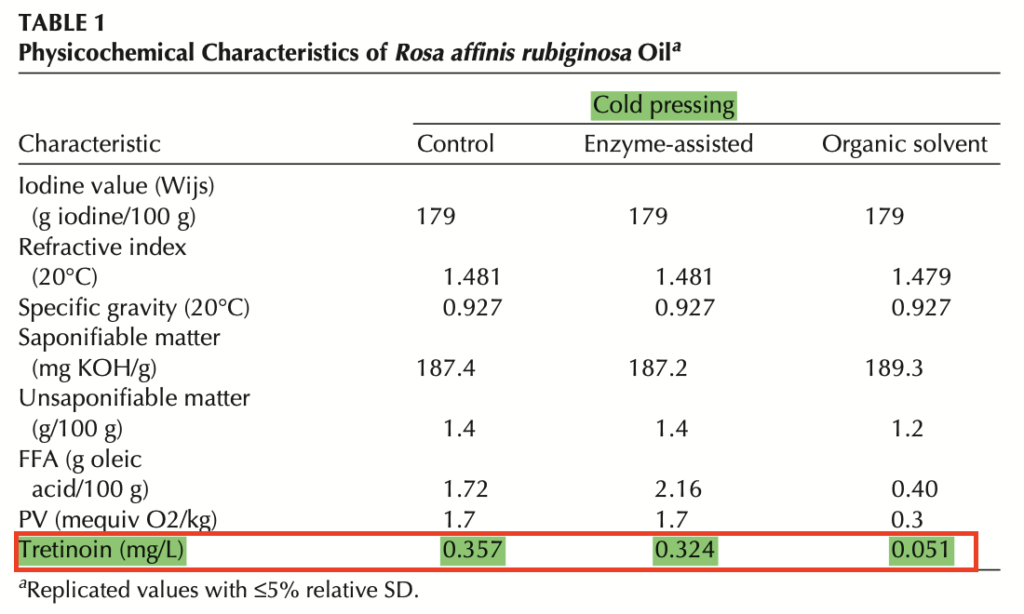
Can Rosehip Oil Replace Your Retinol or Tretinoin?
Quick answer. Rosehip Oil cannot replace your tretinoin or retinol. The amount of tretinoin in rosehip oil is very little to show any substantial effects. If you are suffering from acne and photodamage, rosehip oil alone would not be enough to get enough doses of tretinoin to show its effect on your skin.
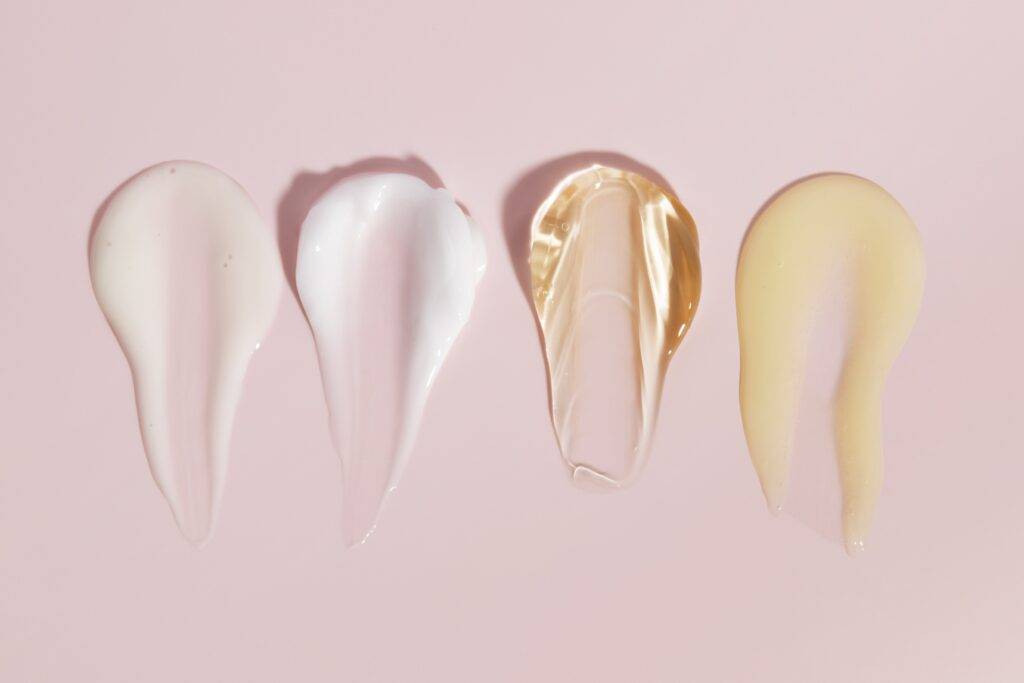
Quick recap. Retinol is used for anti-aging and it does not need a prescription. Therapeutic doses of Tretinoin need a prescription and the main action is anti-acne with potential anti-aging activities. Link to the textbook here
There is naturally occurring tretinoin in rosehip oil, can we just get rosehip oil and ditch visiting our doctor?
There will be a little math here but bear with me.
I read several blogs and articles about this topic and honestly could not get my head around the math they made to get the concentration but I will show you what works for me.
The usual prescribed concentration of tretinoin is 0.01% – 0.025%. I got prescribed a cream containing 0.25 mg/g of tretinoin which is equal to 250 mg/L.
Now the rosehip oil has 0.357 mg/L of tretinoin.
| Rosehip Oil – Tretinoin Amount | Prescribed Tretinoin Amount |
| 0.357 mg/L | 250 mg/L |
Is the Tretinoin in Rosehip Oil enough to see results?
So the prescribed cream has almost 700 times more tretinoin than rosehip oil. It would take me a cream of 30 mg to get all that effective tretinoin onto my skin. If I wanted to get the same effects of rosehip oil, I would need to put 700 Litres of that beautiful oil.
Wow, It’s insane when you think about it like this.
But the point I am trying to prove is that – yes there is some tretinoin in rosehip oil – making it a valuable face oil and surely you would benefit from using it daily. However, if you are suffering from acne and truly need that effective dose of tretinoin, I would highly suggest visiting a dermatologist to give the best personalised anti-acne treatment and tretinoin concentration!
To simplify the matter – rosehip oil does not contain enough tretinoin to be an effective anti-acne therapy and help in restoring a very damaged skin barrier. However, rosehip oil still remains as a very potent face oil that will help a healthy skin maintain that health and glow!
Which Type of Rosehip Oil has the Highest Tretinoin and Retinol?
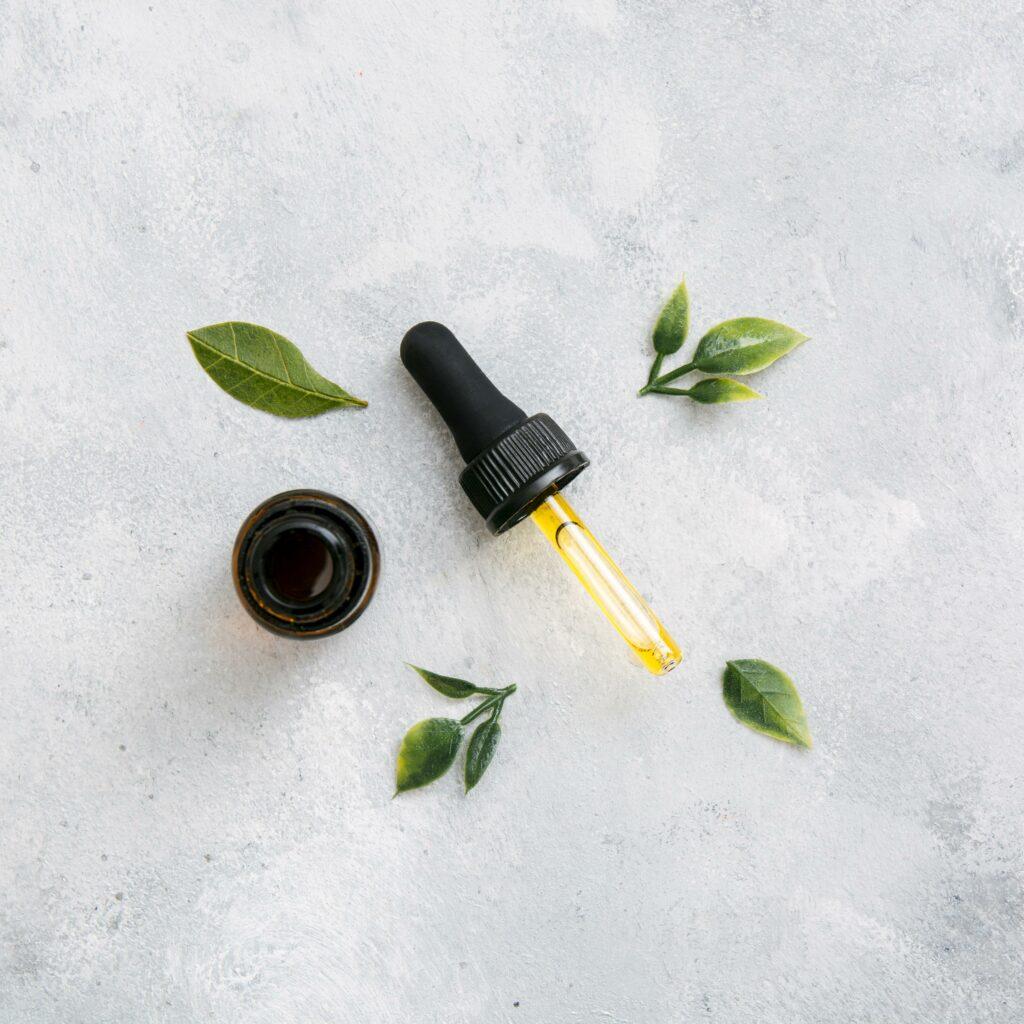
There are mainly two types of Rosehip Oil – Rosa Rubiginosa oil and Rosa Canina Oil. Both of thema re the classic rosehip oil but they are obtianed from two different rosehip species. Read more about the different types of rosehip oils here!
Although both of them rosehip oils, there are subtle differences to their chemical components. Which one contains the good amount of tretinoin then?
Cold Pressed Rosehip Oil obtained from Rosa Rubiginosa contains 0.357 mg/L of tretinoin.
I could not find any scientific information regarding Rosa Canina and Tretinoin but I will keep on looking and updating the blog, when new information pops out.
Why is it important to be cold pressed?
There are different methods of extracting the oil out of these lovely plants and seeds. Cold Pressed Plant oils are extracted without extra heat or chemicals, it is just a mechanical process.
So cold pressed oils can preserve the natural nutrients and chemicals of the plant without additional heat damage to these nutrients and no additional chemicals.
Bottom Line
If you would like to get the highest amounts of natural tretinoin – chose a cold pressed rosehip oil from Rosa Rubiginosa!
Here is a quick review of the different types of rosehip oil!
Can You Use Rosehip Oil with Retinol?
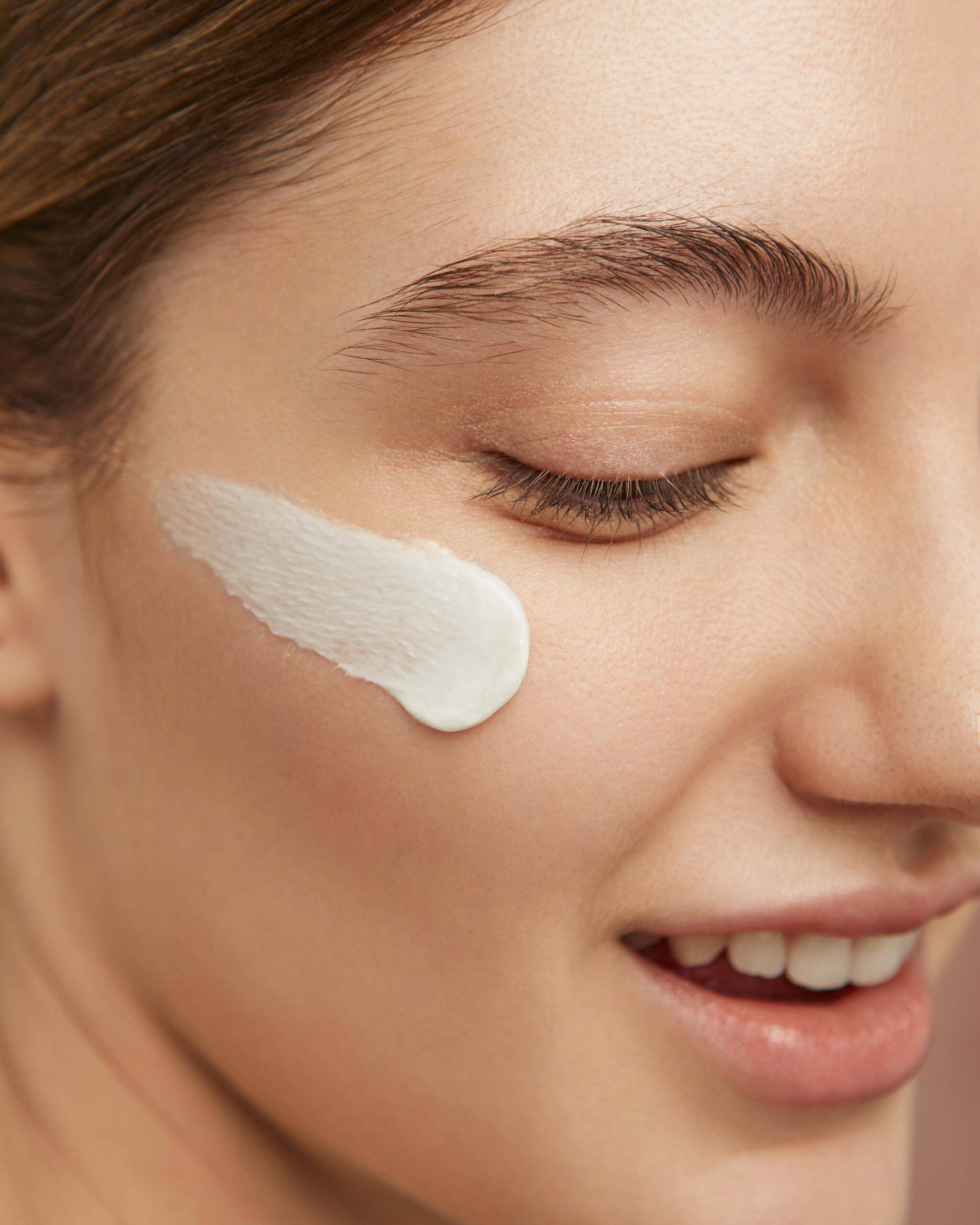
You can use rosehip oil and retinol in your skincare routine! As long as you do not mix them you can use them.
However, until now it should be clear that from retinol you will benefit for an overall better skin appearance and anti-wrinkle effect. From rosehip oil you will nourish your skin and get a little amount of tretinoin which might help with your breakouts and with wrinkles a little bit.
Does Rosehip Oil Come Before or After Retinol?
You can alternate rosehip oil and retinol by using rosehip oil in the morning and retinol in the evening. Alternatively, you can even use retinol in the evening, wait for a little while for it to get absorbed, and then use your rosehip oil.
Make sure to be using retinol in your night time skincare routine. Because retinol can break down from the UV lights from the sun. Use your rosehip oil after your moisturiser
Can You Use Rosehip Oil with Tretinoin?
Currently, I am in my third week of treatment with Tretinoin. It has been truly a rollercoaster for my skin. Tretinoin is a very potent and active ingredient, so it is normal to experience some redness and breakouts throughout the journey. It is such a strong compound that it can definitely sensitize your skin.
It would be best to avoid using Rosehip Oil with Tretinoin. Tretinoin is already a very potent ingredient and increasing the amounts of tretinoin that your skin is exposed to, might just lead to more sensitivity, redness, and breakouts.
If your dermatologist decided to prescribe you tretinoin, she or he would also proceed to give you recommendations for which moisturizers, cleansers, and sunscreen. These products are recommended to you to protect your skin that is going to get sensitized from tretinoin. I would advise sticking to the recommendations from your doctor during the duration of your tretinoin treatment.
Thank you so much or reading! Let me know if you have or if you are planning to use rosehip oil or retinol! I would love to hear your thoughts on the blog as well!
More References:
- Leslie Baumann – Cosmetic Dermatology – Principles and Practice, Second Edition-McGraw-Hill Professional (2009), pages 256 – 262
- Series in Cosmetic and Laser Therapy – Robert Baran, Howard I. Maibach – Textbook of Cosmetic Dermatology – CRC Press (2017), pages 88 – 92

